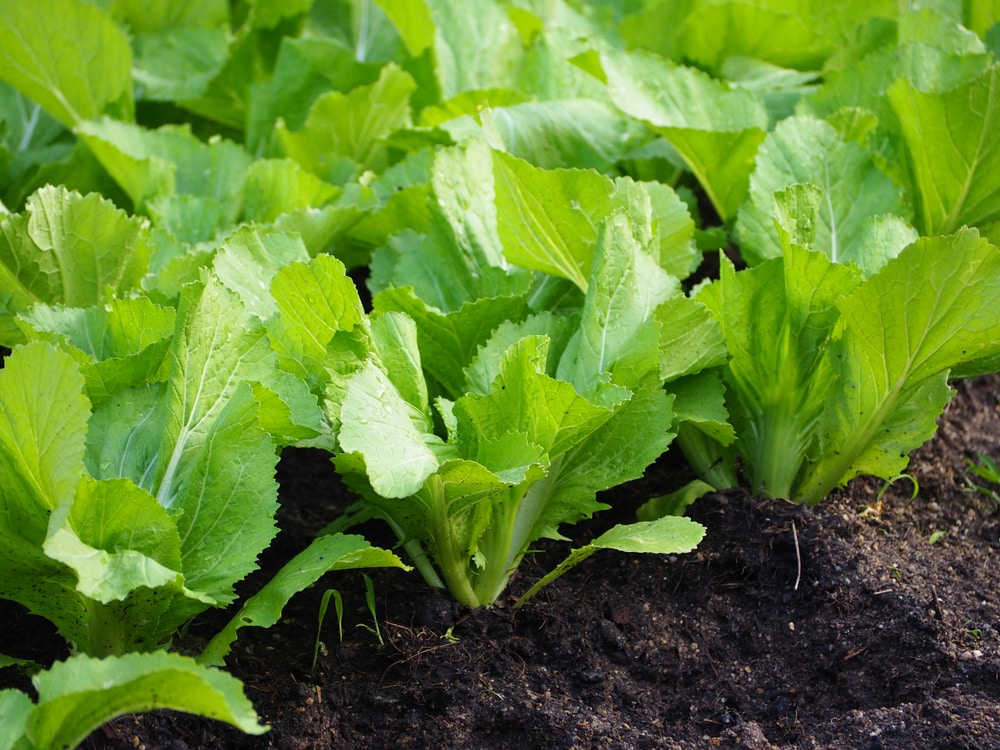
Chinese Hot Mustard is a yellow-colored sauce known by many people around the world. It is served in Chinese restaurants along with amazing noodles or many other delicious cuisines. It is extremely hot, spicy, and pungent in taste. It will freshen up taste buds and clear your nostrils as soon as you take a sniff. But many people ask questions related to Chinese Mustard, such as “why is Chinese mustard so hot?”
If you want to know the reason behind Chinese Mustard being too hot, then we recommend you keep reading our article as it will provide you with the possible reasons behind Chinese Mustard being too hot.
Why Is Chinese Mustard So Hot?
- Use Of Brown Mustard Seeds
The brown mustard seeds are a key factor for the hotness and heat of Chinese Mustard. First of all, these brown mustard seeds are dried out. Then they are converted into powder form. Next, they are mixed into cold water in the form of powder to form a smooth sauce.
The addition of a powdered form of mustard into the cold water activates the enzymes and the sulfuric compounds that are naturally present inside the brown mustard seed. This causes the heat to generate as there is no acidic compound added into the mixture to cool down the heat by tempering it. After some time, the mustard should be completely ready to eat.
Usually, the pungent flavor fades away after some time. Therefore, vinegar and starch are added to the storage container of mustard. This prevents the fading of the pungent flavor which causes the heat to last for a longer period of time.
- Enzyme Breakdown
The mustard seeds have an enzyme called Myrosinase. When chilly water is added into the powdered form of mustard. The chilly water basically breaks glucosinolates into isothiocyanate. This produces heat-producing and nose-burning compounds. However, the amount of heat produced depends on the raw material provided by the mustard seeds powder for activation. It also depends on the type of mustard seeds being used for the process.
What Does Chinese Mustard Taste Like?
The Chinese mustard is known for its spicy flavor. It has no signs of sweetness or acidic taste in it. All it offers is an extremely hot flavor that once enters your mouth, rushes into the food passageway into the stomach. On its way, it clears out both of your nostrils leaving you with a runny nose. It clears the nasal pathway and freshens up the tastebuds. If it is made or preserved properly, then you might not taste anything else except for the burning sensation produced inside your mouth.
It tastes similar to horseradish and wasabi as it has a strong spicy flavor and taste that is hot enough to burn your mouth. This is because the horseradish and mustard seeds belong to the same family. However, it does not include horseradish or wasabi in its recipe.
How To Make Chinese Mustard Less Hot?
The mustard powder is alkaline in nature. If you want to make the Chinese Mustard less hot and spicy, you will have to add an acidic solution to it. Usually, vinegar along with warm water is added inside the Chinese Mustard to make it less hot by neutralizing its alkaline nature. You can also add yellow mustard seeds in replacement of brown mustard seeds to make the mustard less spicy.
Another way of stabilizing the flavor of Chinese mustard is to add less mustard powder. Also, you can use new mustard seeds for a less spicy flavor.
How To Use Chinese Mustard?
Chinese mustard is served with many fast foods in America such as hot dogs, tacos, egg rolls, and many kinds of meats. In China, it is served with several kinds of noodles and many other amazing and delicious dishes.
Storing Chinese Mustard
It is recommended to store the Chinese Mustard inside a refrigerator once the seal has been broken. This will increase its shelf life. It will also prevent its tangent flavor from disappearing and you will be able to use it for up to a year. However, if you make the mustard at home then we highly suggest making the mustard in the quantity that is required. In this way, you will not have to save the rest of the mustard.